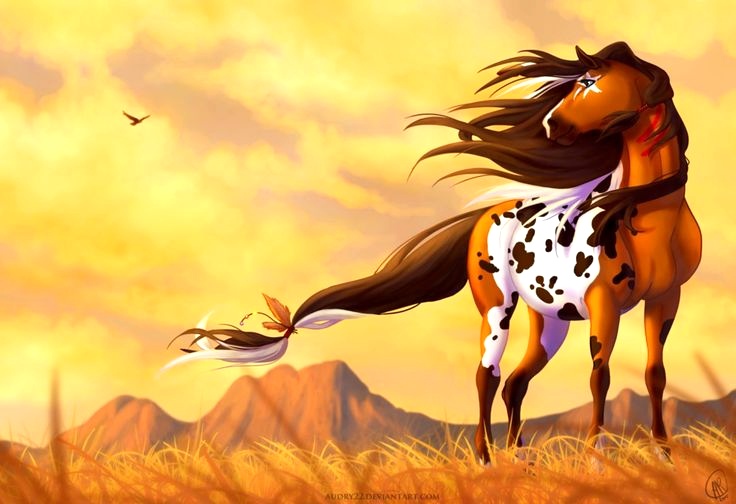Horses are powerful, majestic animals that have been used in many different ways since antiquity. They are intelligent and have a wide range of emotions, including fear. It is important to understand what horses are scared of the most so that we can better care for them and ensure their safety. This article will discuss the various things that horses are afraid of and offer some tips on how to handle a scared horse.
Introduction to Horse Fear
Horses are naturally skittish animals, and they can become easily spooked. They have an excellent sense of smell and hearing, so they can detect danger before humans can. This heightened sense of danger can lead to fear and anxiety in a horse, but this is not necessarily a bad thing. Fear is a natural instinct that can help protect the horse from potential danger.
Horses also have a strong social hierarchy, and this can be a source of fear for them. They may fear other horses or humans if they are not sure of their place in the pecking order. Understanding a horse’s fear is the first step to helping them cope with it.
Common Causes of Fear in Horses
Below are some of the most common causes of fear in horses:
1. Unfamiliar Sounds
Horses are very sensitive to loud, unfamiliar noises and this can cause them to become scared. Common sources of fear-inducing noise include fireworks, thunderstorms, and motor vehicles.
2. Unfamiliar Objects
Horses may also become scared of unfamiliar objects, such as flags or plastic bags. They may also become scared of objects that move, such as a spinning windmill or a waving flag.
3. Unfamiliar People
Horses may also be scared of unfamiliar people, such as people they have never seen before or people they do not recognize. It is important to give horses time to get used to new people before attempting to handle or ride them.
4. Changes in Environment
Horses may become scared when their environment changes, such as when they are moved to a new barn or paddock. They may also become scared of changes in their routine, such as when they have to do something new or unfamiliar.
5. Pain or Injury
Horses may become scared when they are in pain or have been injured. This is a normal, instinctive reaction to protect themselves from further harm.
6. Predators
Horses may also be scared of predators, such as coyotes, mountain lions, and wolves. It is important to protect horses from potential predators by providing a secure, predator-proof environment.
How to Handle a Scared Horse
1. Remain Calm
When a horse is scared, it is important to remain calm and not react in a way that will further scare the horse. Yelling or striking the horse will only make the fear worse and can cause the horse to become more agitated.
2. Talk to the Horse
It can be helpful to talk to the horse in a calm, soothing voice. This can help to reassure the horse and may help to calm them down.
3. Move Slowly
When handling a scared horse, it is important to move slowly and calmly. Sudden movements can further scare the horse and may cause them to become more agitated.
4. Offer a Treat
Offering a treat can be a good way to reward a horse for being brave and can help to calm them down. However, it is important to be careful when giving treats, as horses can easily become dependent on treats as a source of comfort.
5. Provide Comfort
Providing a comfortable environment can help to reassure a scared horse. This can include things like providing a secure, safe place to stand and offering a blanket or rug during cold weather.
6. Seek Professional Help
If a horse is consistently scared or is exhibiting signs of fear or anxiety, it is important to seek professional help. A qualified horse trainer or veterinarian can help to identify the cause of the fear and offer advice on how to manage it.
Conclusion
Horses can become scared for a variety of reasons, including unfamiliar sounds, objects, people, and changes in environment. It is important to remain calm and move slowly when handling a scared horse, and offering a treat can help to reward them for being brave. If the fear persists, it is important to seek professional help. Understanding a horse’s fear is the first step to helping them cope with it.

